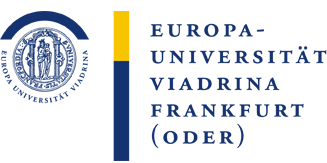Kursinformation

Mrozik, Agnieszka: Women’s Rights and Mobilizations in Poland (1945–2020): Concepts, Debates, Practices - SoSe 2024
In the nearly 80 years since the end of World War II, the situation of women and the women's movement in Poland has changed
several times. Women's rights, understood mainly in terms of equal access to education and the labor market, were one of the
priorities of the leftist parties that took power in 1945. However, leftist female politicians, academics and activists of state women's
organizations demanded changes in the position of women in the family and society as well, and over the following decades
criticized the lack of progress in this regard. After the 1989 political transformation, a new women's movement emerged in Poland,
which looked mainly to the traditions of Western feminism for inspiration and rejected local, state-socialist models. The 1993
abortion ban determined the message of the Polish feminist movement. In recent years, under the rule of right-wing populists, the
struggle for reproductive rights has intensified: in 2016 and 2020, the tightening of an already restrictive anti-abortion law brought
thousands of protesting women and men onto Polish streets. The Black Protests and the Women's Strike broke through to global
public opinion, but did they – and how – make a difference in Poland? In this seminar, we will look at the situation of women and the
women's movement in Poland under communist, liberal and nationalist governments. We will ask not only about political promises
and their implementation, but above all about the participation of women themselves and women's organizations in building a
more equal and just society. We will examine whether and how local and international traditions and inspirations have influenced
the activities of Polish feminists over the years. We will analyze disputes over programs and strategies of action. The material for
analysis will be provided by journalistic and scientific texts, novels, poems, posters, films and TV series, as well as the memoirs of
women's movement activists in Poland.
- Trainer/in: Mrozik Agnieszka
